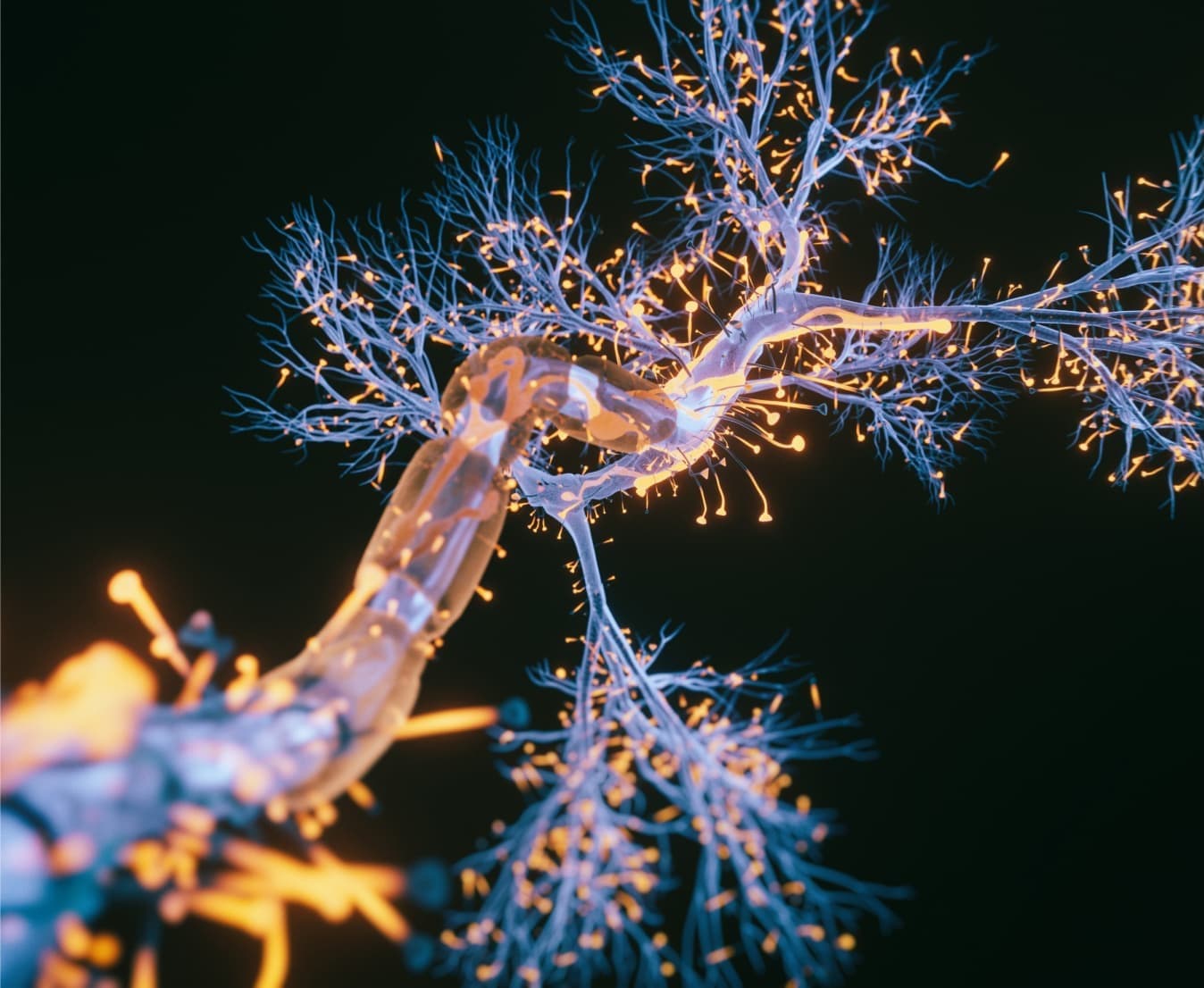Patient-Partnered Collaborations for Rare Neurodegenerative Disease RFA Grantees
CZI invited applications from collaborative teams bringing together patient-led rare disease organizations and research teams for four-year research projects aimed at advancing our understanding of the fundamental biology underlying rare diseases. The Patient-Partnered Collaborations for Rare Neurodegenerative Disease RFA aims to advance the understanding of the pathophysiology and mechanistic underpinnings of rare neurodegenerative and neurological disorders. Patients are centered in this work. Each team is led by a Coordinating Primary Investigator (PI) and Patient Organization PI. Read about the grantees below.

PCH2cure: Revealing Disease Mechanisms to Cure PCH2
to reveal mechanisms of neurodegeneration in PCH2 through analysis of patient pathophysiology, biosamples and patient-derived cell models
Coordinating PI: Simone Mayer
University of Tuebingen
Patient Organization PI: Julia Matilainen
PCH-Familie e.V
Samuel Gröschel
University of Tuebingen
Wibke Janzarik
University of Freiburg
Closing the Knowledge Gaps in Lafora, a Fatal Neurodegenerative Disease
to further research the molecular basis of Lafora disease and thus open the path to therapy by studying and uncovering the basic mechanisms of the disease
Coordinating PI: Berge Minassian
University of Texas-Southwestern
Patient Organization PI: Lena Ismail
Chelsea’s Hope
Maria Chahrour
University of Texas-Southwestern
Sharmistha Mitra
University of Texas-Southwestern
Felix Nitschke
University of Texas-Southwestern
CADASIL-centered Modeling of Immunovascular Neurodegenerative Disease
to reverse engineer CADASIL to discover therapeutic molecular targets using stem cell technologies in a deeply phenotyped cohort of patients
Coordinating PI: Fanny Elahi
Icahn School of Medicine at Mount Sinai
Patient Organization PI: Jane Gunther
CureCADASIL
Joel Blanchard
Icahn School of Medicine at Mount Sinai
Towfique Raj
Icahn School of Medicine at Mount Sinai
Shrike Zhang
Brigham Women's Hospital / Harvard Medical School
A Cell Atlas of Batten Pathobiology & Therapeutic Response
to generate a single-cell reference atlas of Batten disease pathobiology and therapeutic response from nonhuman models, patient iPSC neurons, and human autopsy specimens
Coordinating PI: Timothy Yu
Boston Children’s Hospital
Patient Organization PI: Julia Vitarello
Mila’s Miracle Foundation
Joseph Mazzulli
Northwestern University
Larry Sherman
Oregon Health & Science University
Investigating ATP1A3 Diseases in Cell and Animal Models
to determine how ATP1A3 mutation dominance causes Alternating Hemiplegia of Childhood by correcting the mutated gene and studying the effects on cell and mouse models
Coordinating PI: David Liu
The Broad Institute of MIT and Harvard
Patient Organization PI: Simon Frost
Hope for Annabel
Cathleen Lutz
Jackson Laboratory, Rare Disease Translational Center
Kathleen Sweadner
Massachusetts General Hospital / Harvard Medical School
Kathryn Swoboda
Massachusetts General Hospital / Harvard Medical School



